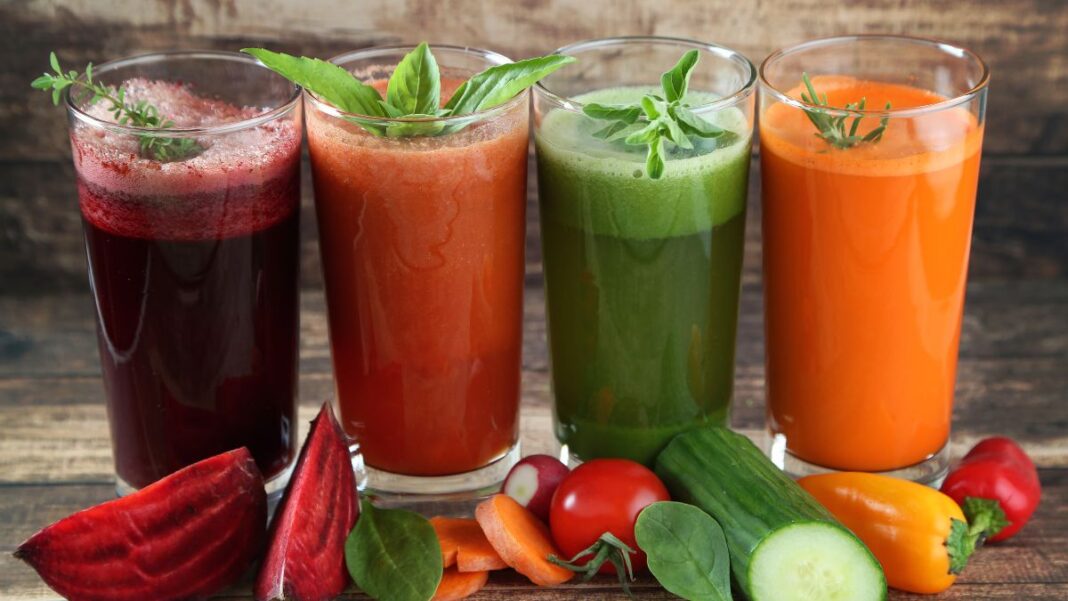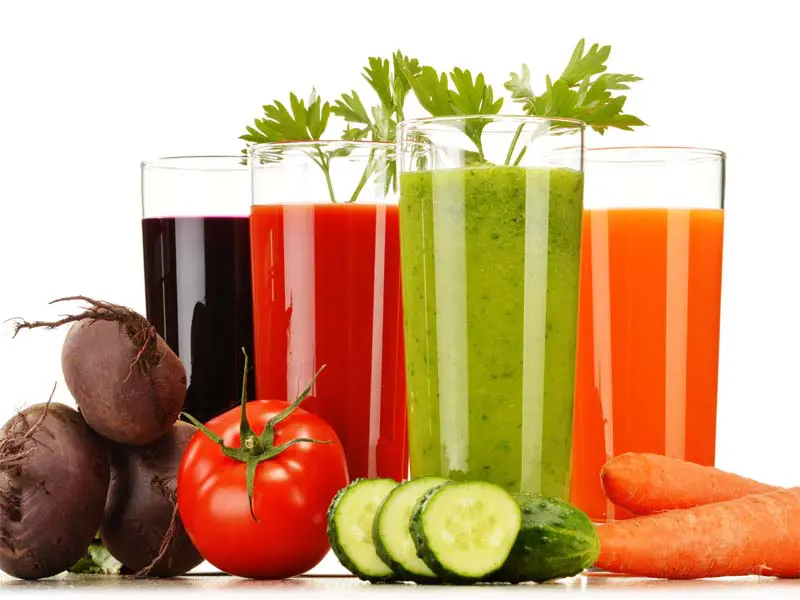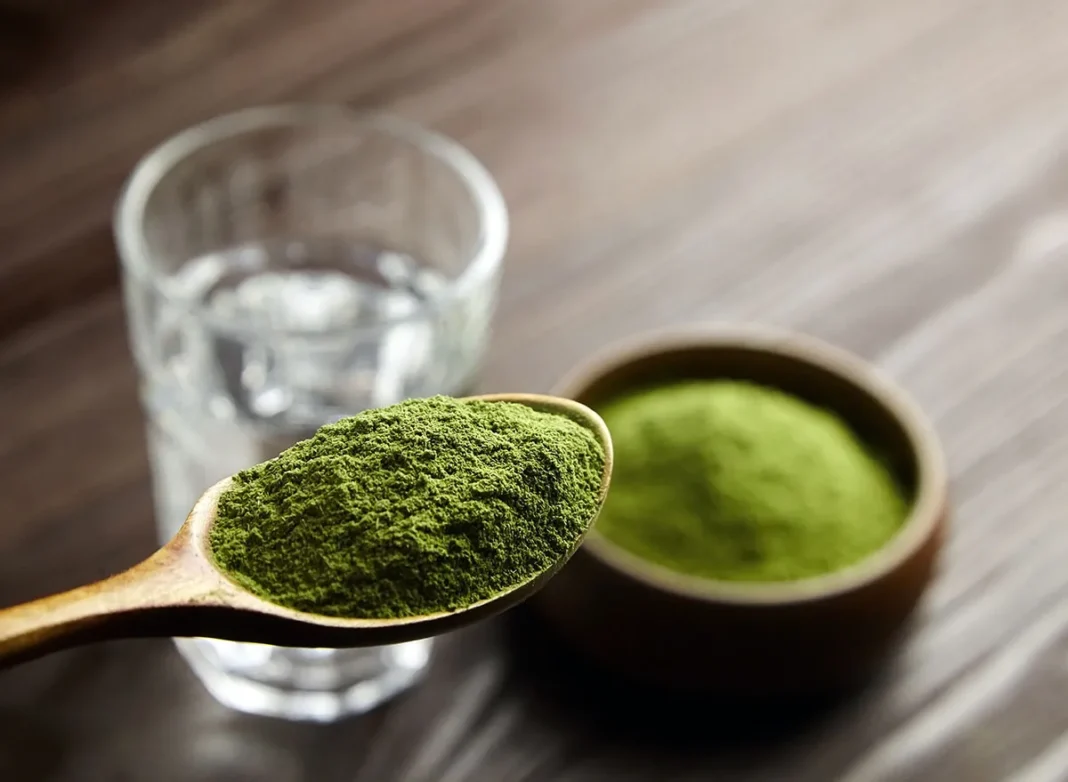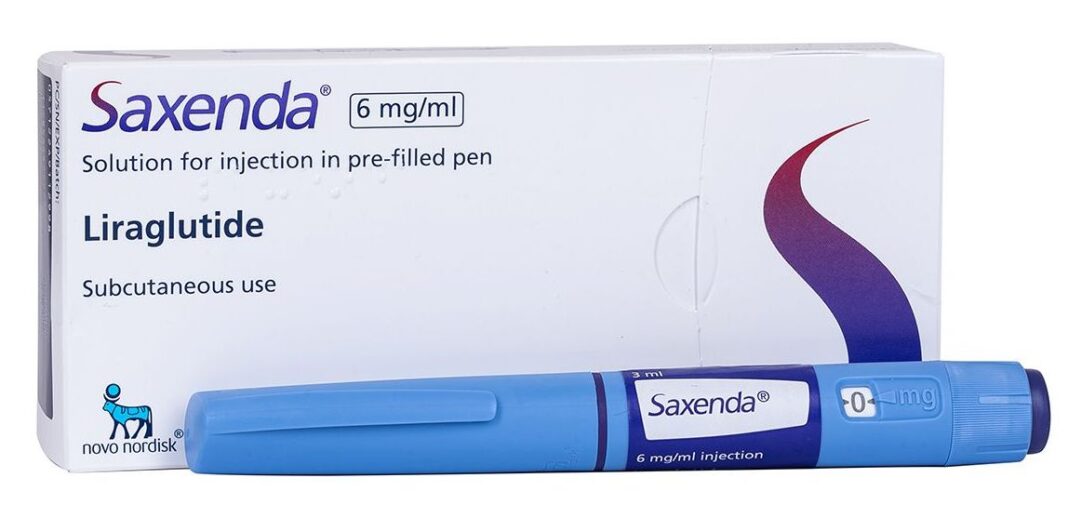What Are The Healthiest Vegetable Juices?
“Eat healthy, drink healthy” is almost like a new-age chorus sung to us every other day. On the flip side, with the rise in intake of junk foods, healthy eating and detoxing have become necessary.
Nevertheless, healthy vegetable juices are among the flag-bearers for wellness under the good health banner. Therefore, We will list the healthiest vegetable juices that you can make for yourself at home.
In addition, we will also address the following concerns related to vegetable juices:
- Are vegetable juices that healthy – hype or fact?
- What are the healthiest vegetable juices?
- What are the advantages of making your vegetable juices?
Are Vegetable Juices That Healthy – Hype Or Fact?
Often, when there is an expansive endorsement of something, it is pretty natural to doubt if it is just overhyped or a fact! Well, the same goes for the health benefits of vegetable juices.
Juice-based diets have become extremely popular in recent times. Wellness bloggers, nutritionists, and social media influencers seem to be raving about the health benefits of fruit/vegetable juices.
Are vegetable juice benefits just a trend, or is it beneficial to our health? We are here to bring you facts. So, let us find out.
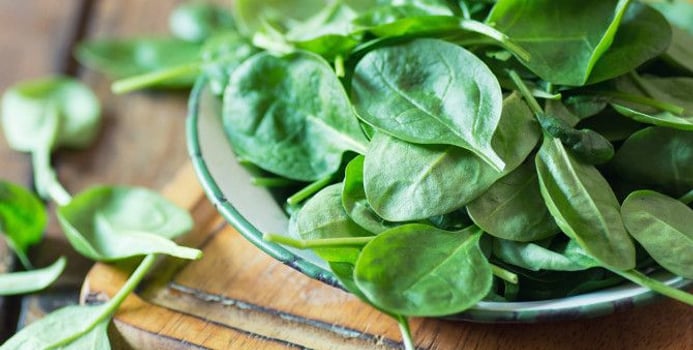
Why are fresh vegetables essential for your body?
It is no rocket science that fresh vegetables naturally contain the goodness of energy and nutrients essential for our bodies. Alternatively, it is also not a secret that most of us do not consume enough vegetables.
However, according to the Dietary Guidelines for Americans 2010, the daily-recommended intake of fruits and vegetables is about one-half of your plate. In doing so, you receive your daily nutritional requirements for your body.
What benefits do you get when you drink vegetable juice?
The nutrient-packed compounds from a vegetable juice, when in the intestine, create a prebiotic-like effect, which helps in the following manner:
- There is a significant decrease in the overall weight and body mass index.
- Intake of fresh vegetables/vegetable juices lowers the incidence of obesity and cardiovascular diseases. It also induces better digestion.
- The nutrients and phytochemicals in vegetable juice naturally function as antioxidants. It also helps our body by acting as an anti-inflammatory agent.
What Are The Healthiest Vegetable Juices?
Drinking vegetable juice is an efficient way of balancing the daily nutrient intake over eating raw vegetables as salads. Based on the three primary advantages of drinking vegetable juice, here is a list of the healthiest juices under each category –
Body Detoxification
Green juice
Green juice, as the name suggests, is a mix of various green vegetables and leafy greens. However, there is no standard quantity and recipe for preparing green juice.
The most common greens ingredients for a green juice are – wheatgrass, Kale, celery, cucumber, parsley, spinach, Swiss chard, and mint.
You could either pick a combination of two or more greens as mentioned above. Alternatively, you can also choose a single fruit to prepare your green juice.
Green juices are generally bitter. Therefore, you can always experiment by adding a sweet fruit or lemon to enhance its taste.
Beetroot And Ginger
Beetroots are an excellent nutrient-rich vegetable containing folate, manganese, and potassium. They also have a high content of nitrates, which has many health benefits – regulate blood pressure and mental performance.
The crimson color of the juice is sure to appeal to not only your eyes but your body too. Adding in slices of ginger will enhance the taste and act as an immunity booster.
Weight loss
Celery juice
Celery is known for its high water content (about 95%), with low calories. Hence, it is amongst the most popular vegetable for health-conscious consumers. Its low-calorie density makes it ideal for those following a weight-loss diet.
Besides water content, potassium is also found in high amounts and vitamins like A, C, and K.
Its high potassium content makes it an ideal drink for blood pressure patients too. Celery is also a diuretic; therefore, it aids in uric acid flushing out of the body.
Kale And Apple Juice
Nothing spells power-packed nutrients as Kale does. Kale is amongst the most recommended green-leafy vegetables by a nutritionist.
It is rich in antioxidants and fiber content, along with vitamins like pro-vitamin A, B, C, and K. Mineral contents of folate and iron are richly present in Kale.
Kale juice, on its own, may be a little too intense in flavor for beginners. A great way is to blend it along with apples. The rich content of fiber in Kale and apple have been shown to enhance weight loss.
Overall Health And Immunity
Broccoli Juice
Broccoli falls amongst the superfood category. It is loaded with nutrients and antioxidants and is low in calories.
It is an excellent source of Vitamin C, Vitamin A & B6. The mineral potassium is also present in high amounts.
One of the essential ingredients of broccoli is the compound kaempferol. It is known to neutralize free radicals that have the potential to cause diseases.
Spinach juice
The tag of “King of green veggies” for spinach is not without any reason. Moreover, we all know that the secret to Popeye’s energy is indeed spinach!
This leafy green is so versatile in the sense that it can blend and get along with any combinational vegetable juice.
Spinach is a storehouse for significant vitamins, nutrients, antioxidants, dietary fibers, and omega-3 fatty acids. It includes Vitamins A, C, B2, B6, and K.
Its mineral contents include calcium, manganese, iron, magnesium, potassium, and folate.
With its nitrate content, it helps in the overall health of the heart. It also brings forth multiple benefits to your hair, skin, and overall health.
What Are The Advantages Of Making Your Vegetable Juices?
Fresh Juice
The prime advantage of making your juice is the choice of fresh vegetables prepared in the most hygienic environment. It ensures that you get to drink a clean and healthy juice.
Healthier option over packaged juice
There are many options of commercial vegetable drinks available in the market. While they are also healthy, most packaged juices undergo pasteurization to enhance their shelf life and inhibit contamination. By doing so, it may deplete some heat-sensitive nutrients.
Sugar content
Vegetable juices, without any additives, can taste blunt or bitter (green juices). Therefore, commercially available juices add sweeteners to enhance their palatability.
Artificial sweeteners not only lessen the overall nutrient content, but excess intake also poses severe health issues.
Whereas, in preparing your juice at home, you can always alternate sugar with seasonal fruits.
According to your taste palate, some popular fruits to experiment with include apples, kiwis, citrus fruits, lemons, ginger, coriander, and banana.

